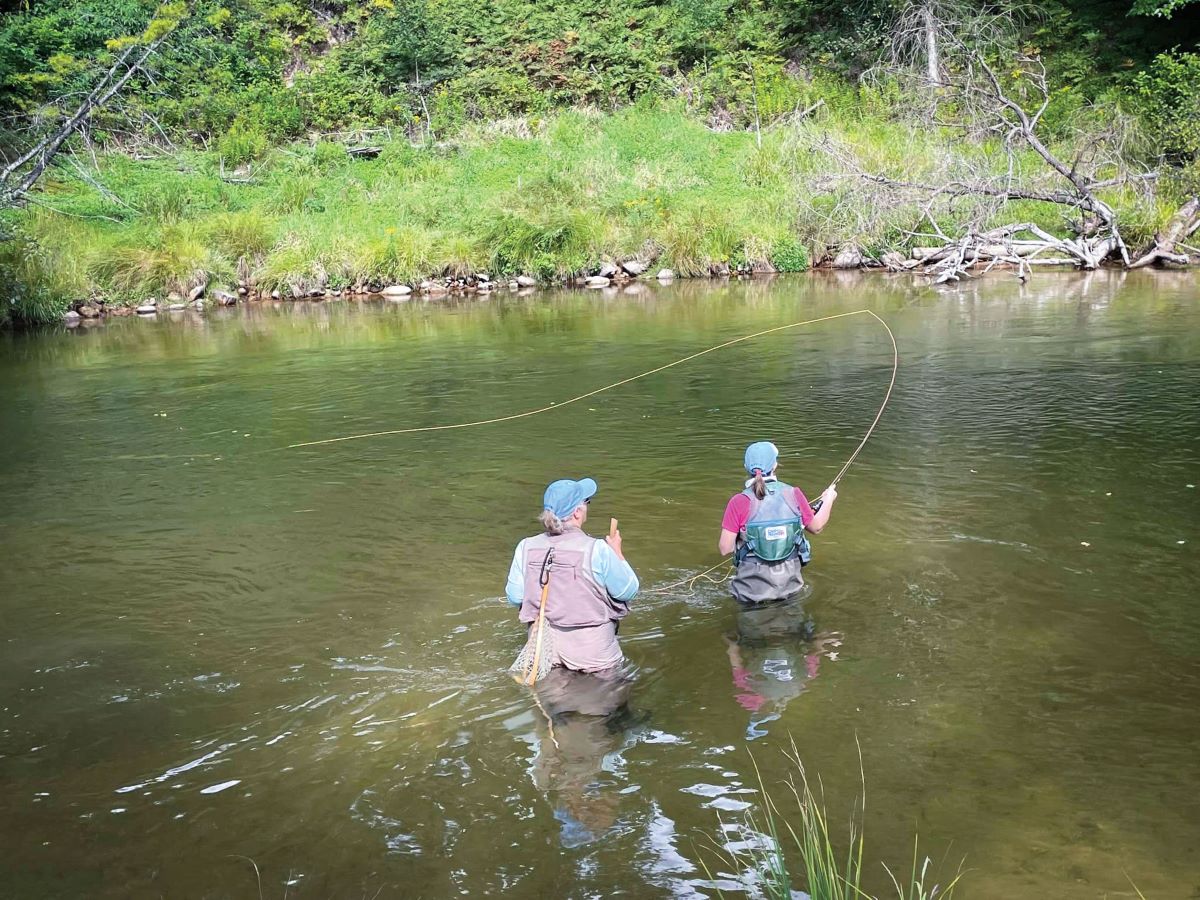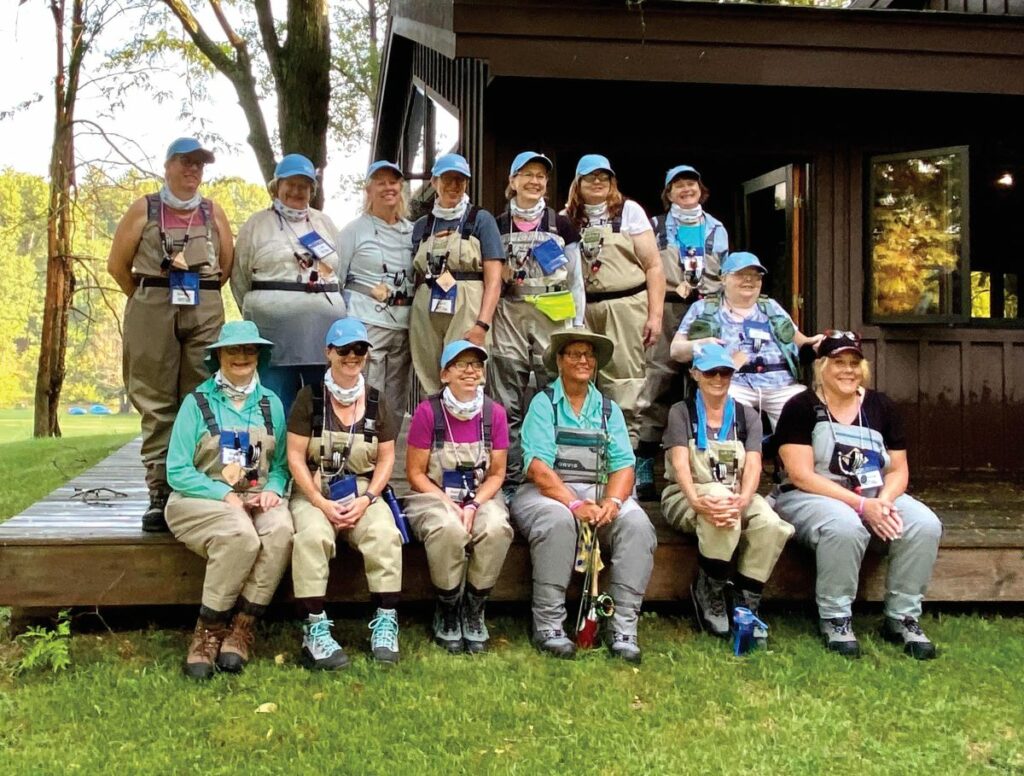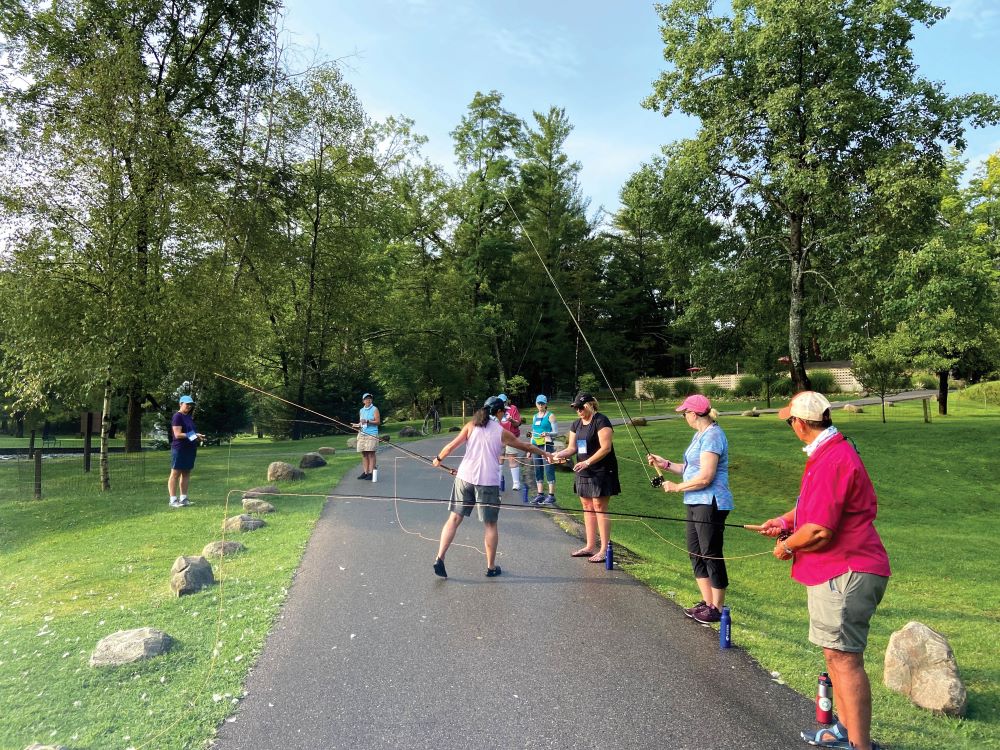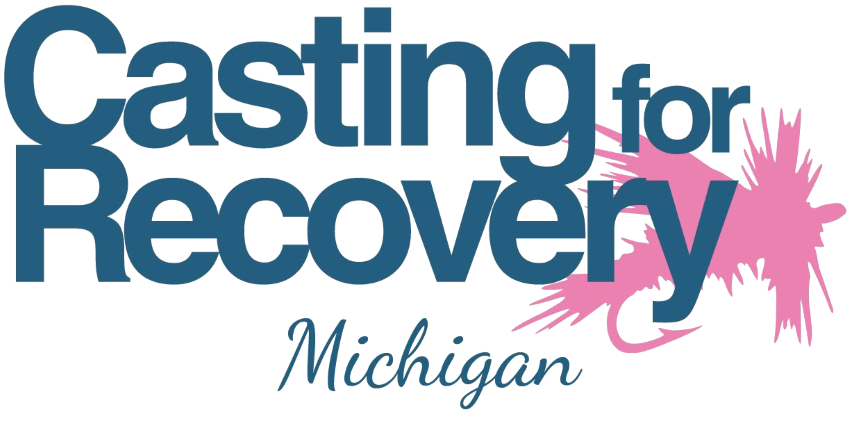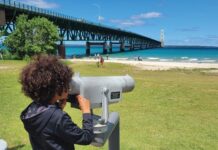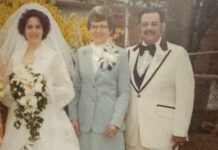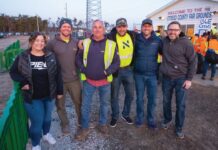By Yvette Pecha
In late August, 14 women who have been afflicted with breast cancer will gather at the beautiful Barothy Lodge in Walhalla, Michigan, on the Pere Marquette River for a weekend of camaraderie, discussion, medical and psychological guidance, and, surprisingly enough, fly fishing. It’s all part of a Casting for Recovery (CfR) retreat, where participants get a few days to set aside worries about their diagnosis, doctor appointments, and fear of the future, and come away from their respite equipped with powerful tools that enable them to face challenges moving forward.
Casting for Recovery is a nonprofit organization that was established in 1996 in Vermont. It was created by a breast cancer reconstructive surgeon and a professional fly fisher, with the idea to take the healing power of nature and combine it with the casting motions of fly fishing. These motions closely mimic those that are prescribed to breast cancer patients after radiation or surgery to help them increase mobility in the arms and upper body.
Karen O’Briant, the co-coordinator of the CfR Michigan program, and a Great Lakes Energy Cooperative member, came upon the organization in an unfortunate manner—she was diagnosed with breast cancer herself in 2020, right at the beginning of the pandemic. “Normally, when you go through chemo, you can take someone with you for support,” she said. “But I had to go through it by myself.” O’Briant, who said she was not big on support groups at the time, found herself looking for some comfort. One day in her surgeon’s office, she was discussing her hobby of fly fishing with a nurse, and the nurse told her there was a group that offered a fly fishing retreat for breast cancer patients. After investigating and discovering CfR, O’Briant applied for the 2021 retreat and got in as an alternate. The experience meant so much to her that she jumped at the chance to work for the organization, where she now helps arrange and fundraise for the annual retreat.
CfR retreats run for two and a half days. They are totally free for the women in attendance, who are chosen through a drawing of applicant names, and all of the fishing equipment, food, and lodging is provided. The guided fly fishing excursion occurs on the last day of the retreat. In preparation for that, the women learn about things like tying fishing knots, casting, bugs they’ll find on the water, the flow of the river, etc. When not in educational sessions, the women participate in discussions with each other and the volunteer medical and psychological facilitators. The conversations help in two ways—the women get to talk about their own experiences and feel the catharsis that comes with opening up, while also benefitting from hearing the stories of people who are going through the same thing they are. Reflecting on her own experience, O’Briant said, “We all laughed and cried. I hadn’t really been able to talk to others about it because they didn’t understand. The emotions you go through are healing, and you can find inspiration and hope from the other women. I’ve made lifelong friends.” After two days of learning, talking, and eating the meals provided by the Pere Marquette Bistro in Reed City—which O’Briant says is amazing—the women are ready to hit the river. Each participant pairs up with one of the volunteer river helpers, who are all experienced anglers, and the groups are assigned to particular stations (with accommodations given to those who need them). Whether they catch anything or not, the experience is transformative. “It’s so tranquil just being there and listening to the water,” O’Briant said. The day concludes with a lunch and a graduation ceremony, where women take pictures with their helpers, and receive a certificate and a lanyard.
CfR is still accepting applications for this year’s retreat. O’Briant said she strongly recommends that you apply if you are a woman who has or has had breast cancer. “There is no experience like it,” she said. “It totally changed my outlook on cancer and treatments, and it gave me hope for the future.”
FAST FACTS
- Retreats are appropriate for women in all stages of treatment and recovery, and are open to women of all ages.
- There are 40+ retreats nationwide, and CfR has inspired similar programs in six countries outside the U.S.
- To date, CfR has helped over 10,000 women with breast cancer.
CfR relies on the support of more than 1,800 volunteers nationwide, including medical and psychosocial professionals, fly fishing instructors, and alumnae. It also relies heavily on fundraising. If you would like to donate money or your time, visit castingforrecovery.org and click on “Ways to Help.”
Support the Michigan program by directing your donation to the secure online form at castingforrecovery.org/program/ and choose Michigan or use this QR code.

